As part of the WASH program, I supported the design and implementation of a monitoring and evaluation strategy for the six schools that GDPU has built toilets at in the past. Visiting these schools provided some context to how the WASH program has evolved, from building only 2 stances at Torchi Primary school, to building 5 stances with additional accommodations and providing resources and trainings at Kulu Opal.
The schools we visited varied widely. The schools range in enrollment from 352 students to nearly 1400 and in government term budgets from 2.3 M UGX ($600) to 11 M UGX ($3,000). Some schools are a 10-minute drive from the center of Gulu City and some took almost 2 hours to reach. Some have received new classroom blocks or hygiene trainings from organizations like the Norwegian Refugee Council, USAID, Save the Children, and Africa Women Rising, and some have not been visited by the government or an NGO in years. Some schools have Head Teachers that are very cued into the challenges their girl students face, and some Head Teachers seemed afraid when we asked about how girls dispose of sanitary pads.
The status of the building and facilities also varied, but many of the newer ones are in fairly good physical condition. The primary issues are related to broken doors, gutters, and handwashing tanks, but the walls and roofs are all intact. However, the cleanliness of the toilets ranged from generally mediocre to absolutely disgusting. Most latrines had feces on the floor and were covered in flies, even if the Head Teacher promised that they clean the toilets daily.
This is in part because the schools may not have funding for soap and brushes to clean the toilets, but also due to basic neglect and disregard by the Head Teachers. The only trend I noticed in our monitoring trips is that if your school receives more government funding and/or your Head Teacher is a woman, your latrines are much cleaner.
A challenge that Head Teachers often shared with us is that many girls do not attend school when they are on their periods. This can be attributed to the physical pain and symptoms of a period, but moreover to the lack of sanitary pads and abysmal condition of some of the toilets. I can only imagine the embarrassment girls must feel if they have to manage their periods without privacy or any way to clean themselves and how discouraging that would be from attending school.
Currently, the girls toilets at Kulu Opal are mostly inoperable, have broken doors, and do not have space for girls to change. They also do not have an incinerator, so the girls drop used sanitary pads in the latrines, which make them incredibly difficult (if not impossible) to drain. GDPU has included changing rooms in their WASH projects since 2018, but the project at Kulu Opal will be the first GDPU effort to also include an incinerator for menstrual products.
The incinerator is a brick structure used to burn used menstrual products. It is connected to the girls changing room through a durable, concrete-layered tube. When girls want to dispose of a sanitary pad, they can enter the changing room and throw the pad in the tube without being seen. The changing room also has a hole so that when girls use the space to clean themselves, the water can drain out of it.
This newest addition to the GDPU WASH package will provide girls a private, clean, safe space to care for themselves so they can feel more comfortable going to school every day of the month.
Posted By Julia Davatzes
Posted Aug 1st, 2024

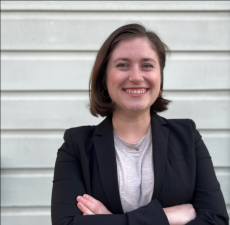
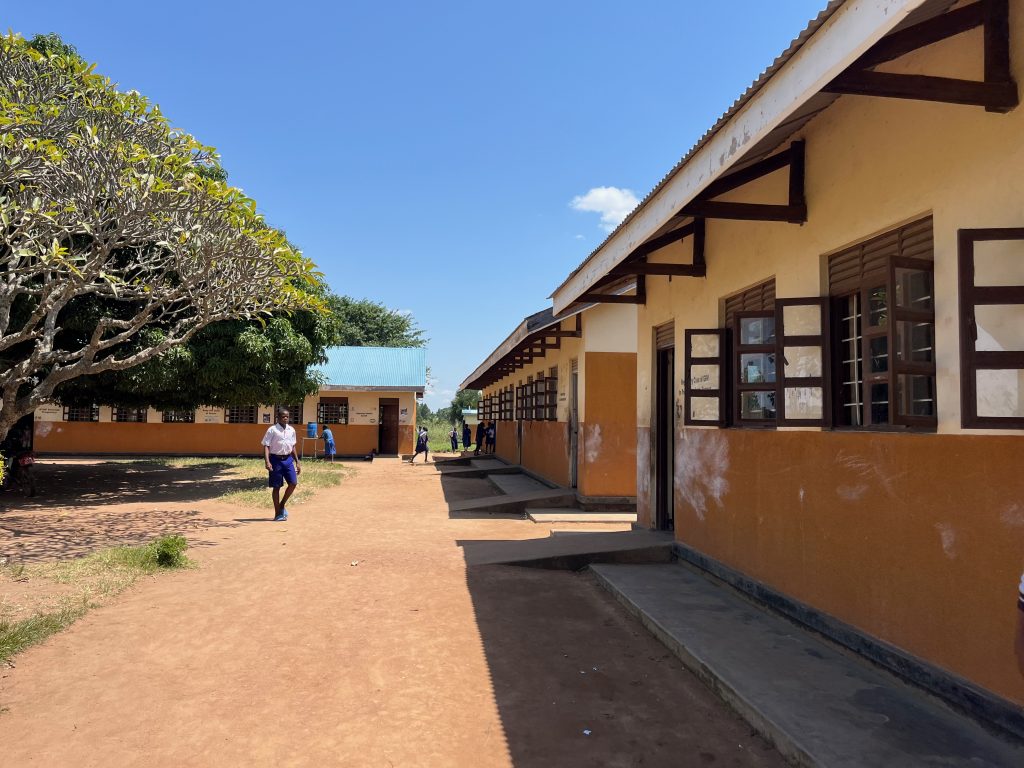
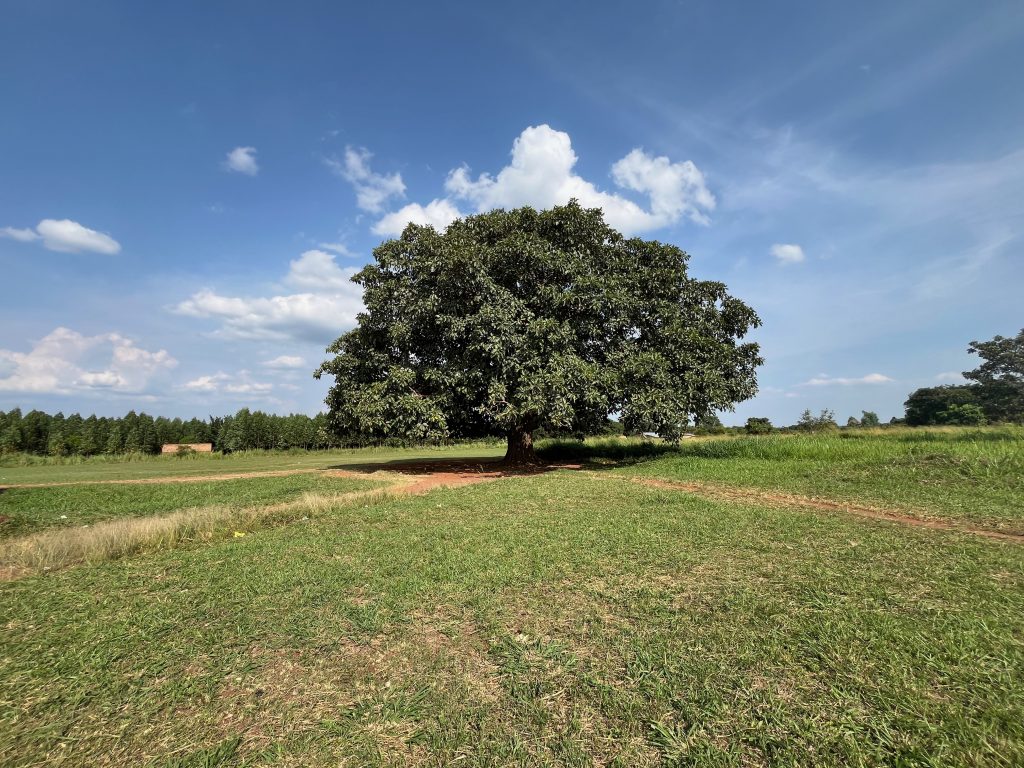

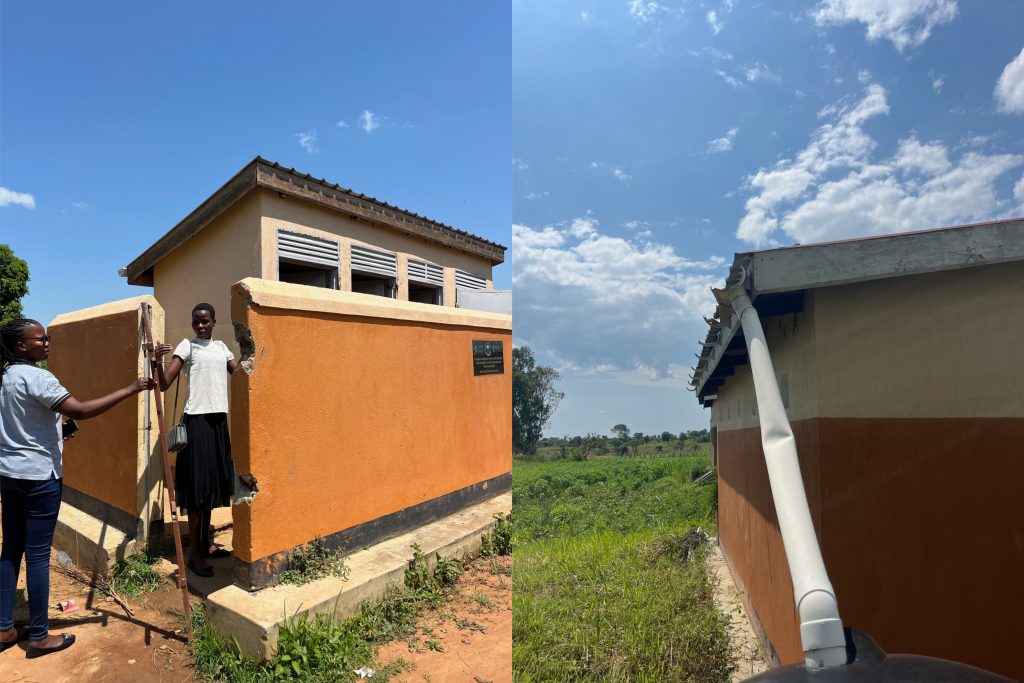

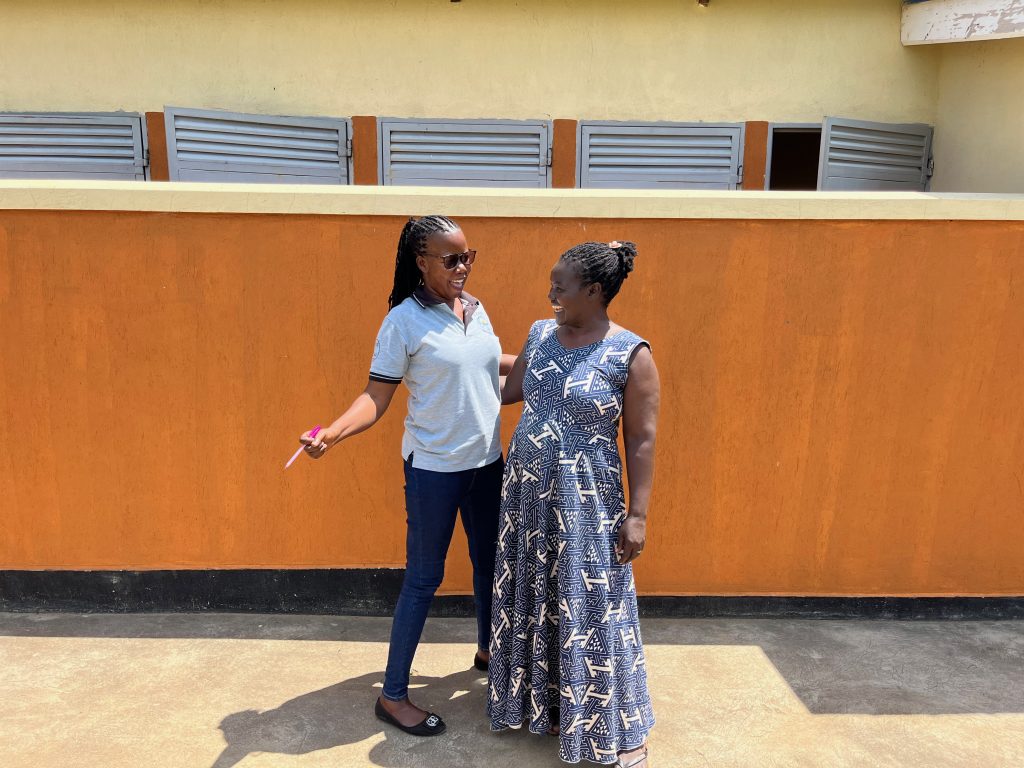
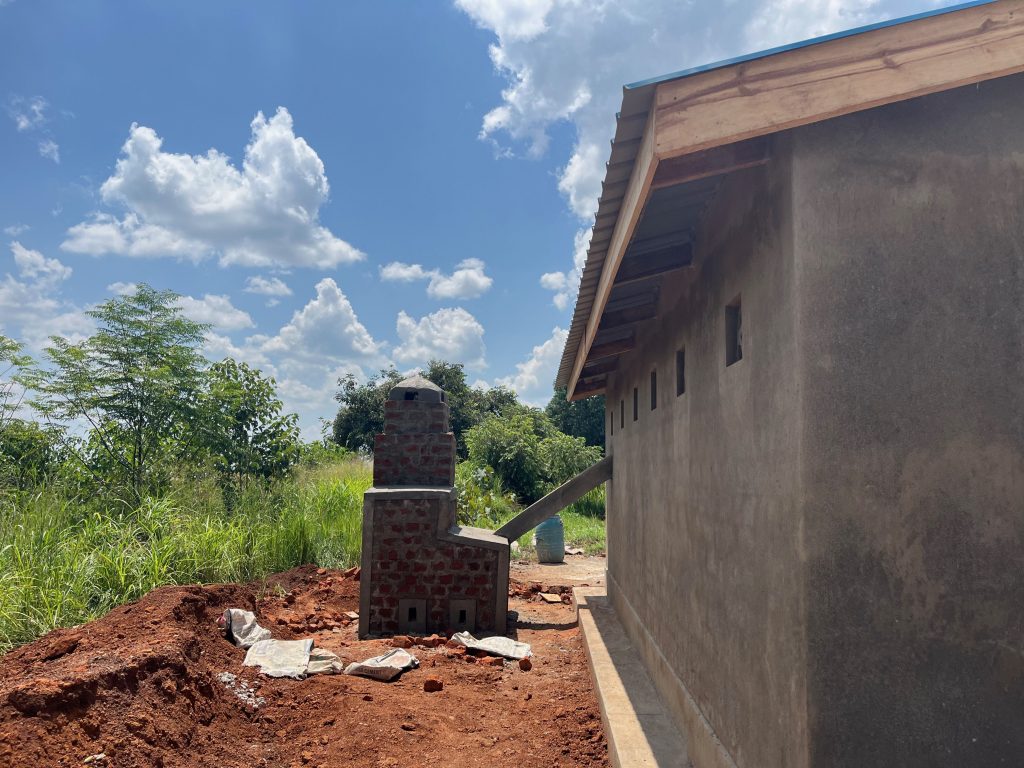
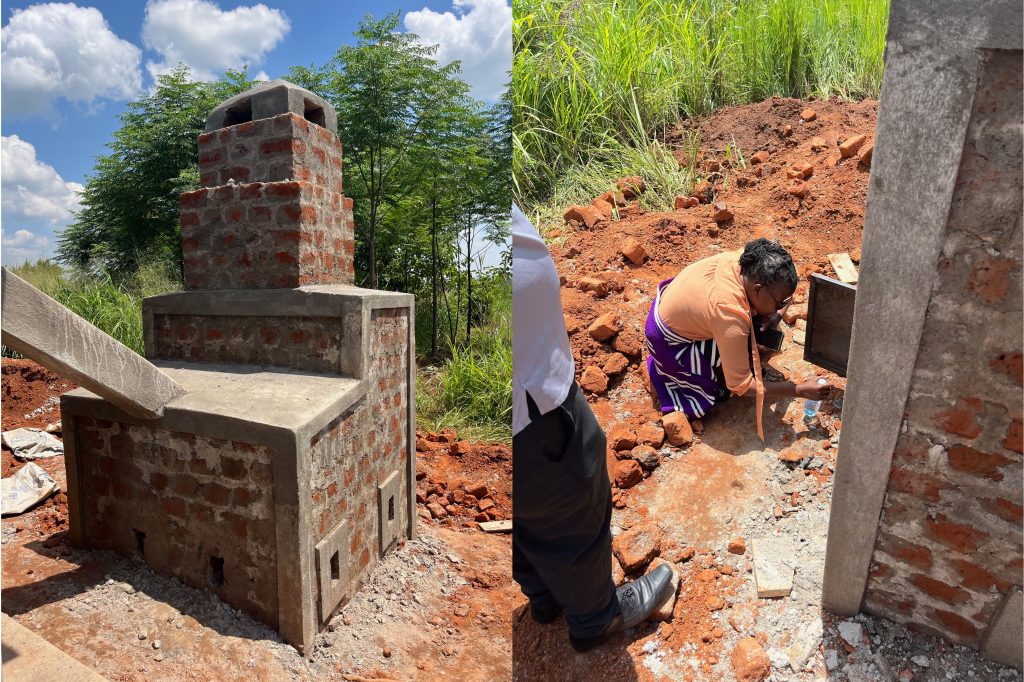
2 Comments
Mary Ellen Cain
August 5, 2024
This is encouraging news about the girls who have the proper facilities to manage their periods. It’s a huge task for Emma and her staff to monitor and the Head Teachers to maintain the latrines and incinerators, but it is making a huge difference in the students’ lives, especially for the girls now able to go to school every day.
Iain Guest
August 11, 2024
This blog produced mixed emotions in me Julia! On the one hand It’s worrying that so many toilets are not being kept clean. If our goal is to improve hygiene and boost the enrollment of girls we have to get on top of this next year! On the other hand it is exciting that the Kulu Opal school will have an incinerator for the first time and that the WASH program now encompasses menstruation! This urge to adapt and innovate is something that we can all be proud of. Think of it: the first stakeholders in 2015 were students with disability. Then it expanded to all students. Then to girl students. Then GDPU added changing rooms for girls. Then training expanded to include personal hygiene. Then GDPU began making subsidized soap. Now it’s menstruation and incinerators. And all the time, GDPU and AP have learned lessons and adapted. Hopefully Emma and her team can figure out MMM -maintenance and monitoring and malaria prevention – soon! Great work!